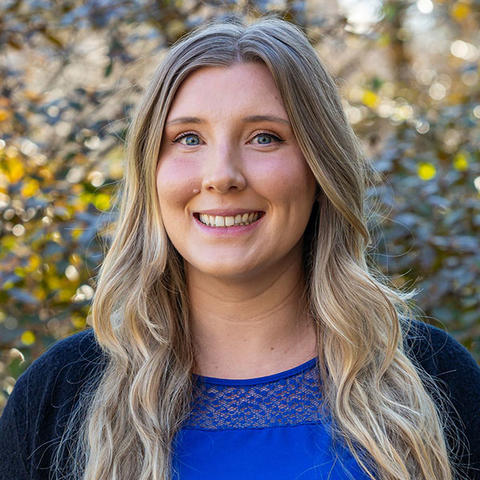Colby Freeman '25
Details
This summer, Colby Freeman '25 worked as a Personal Patient Navigator (PPN) for the Center for Surgical Health at the University of Pennsylvania, Perelman School of Medicine. Read more about Colby's Jaharis Primary Care summer experience!
This summer, I am volunteering as a Personal Patient Navigator (PPN) for the Center for Surgical Health at the University of Pennsylvania, Perelman School of Medicine. Our mission as PPNs is to improve the surgical outcomes of disadvantaged patients and under-resourced communities. The Center for Surgical Health focuses on aiding patients impacted by measures that may adversely affect their successful acquisition of proper surgical care; such as median household income, insurance coverage, and primary spoken language. As a PPN, I take on patients who present at one of Philadelphia’s many barrier-free clinics that require urgent surgical care. Once I am assigned, our team works tirelessly to help these patients obtain health insurance to cover past or present medical needs, help educate them about their surgical disease and available treatment options, work closely with medical staff to schedule appointments, coordinate transportation to appointments, screen and refer them to additional healthcare services, obtain public benefits and legal assistance, and most importantly provide a needed companion throughout their surgical journey.
I have been fortunate enough to take on four patients with various surgical needs this summer, helping to guide them through their surgical journey. While the majority of my work is advocating for my patient's needs to the Pennsylvania Department of Human Services for emergency medical coverage, the most fulfilling part of my job comes when I attend appointments and operations alongside my patients. As PPNs, we attend operations with our patients to ease their natural pre-operation anxiety, often stemming from the complex day of surgery procedures, as well as acting as an advocate/liaison within their patient-doctor interactions. During one memorable interaction, I met my patient and their family, walking them through what the day of surgery would be like, from the waiting room to recovery. It was extremely impactful to see how my work forging a relationship with this patient over the past weeks transformed into amicable interactions and conversations that took their mind off the stressful events ahead. These interactions and witnessing medical operations from a patient’s point of view stressed the importance of culturally competent care in the surgical field and reaffirmed my desire for a career in medicine. I hope to someday emulate the surgical teams I encountered, taking on underserved patients and providing the utmost quality of care for those oftentimes neglected in our current medical system.




